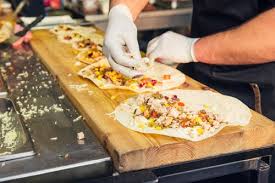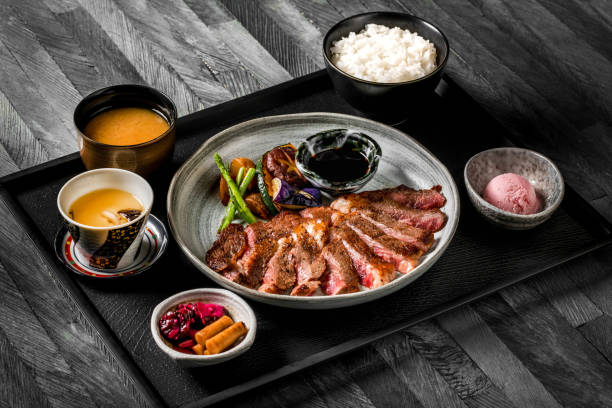Step 1: Determine if you need to register your food business.
Depending on where your food business is located, different licensing and registration requirements are different. These are some examples of food businesses that require a food license:
- Restaurants
- Hotels
- Pubs
- Cafes
- Mobile Food Units
- Takeaway food
- Organizations of the community
- Charities that serve and handle food
The following are some other types of businesses that might require a food license:
- Facilities for elderly care
- Child care facilities
- Tour operators who prepare snacks for their customers
- Food processing companies
Step 2: Determine your business classification
Each Territory and Australian State classifies food businesses differently. You can consult the guidelines of your State or Territory to determine your food business classification. These guidelines are provided below for your convenience.
Our handy guide will help you determine which sector your food business falls within.
- Australian Capital Territory – ACT Health – Health Protection Service
- New South Wales – New South Wales Food Authority
- Northern Territory – Northern Territory Department of Health
- Queensland – Queensland Department of Health Food Safety Standards and Regulation
- Victoria – Victoria Department of Health Food Safety and Regulation
- South Australia – South Australia Department of Health
- Tasmania – Department of Health and Human Services Food Safety
- Western Australia – Western Australia Department of Health Food Unit
Step 3: Contact your local authority.
Keep the following information in mind. You can register your food company with your local council and apply for a food license.
For information on licensing processes in your area, visit the Australian Business Licence and Information Service. You can search for relevant information based on your business type and location.
Certain information will be required to give your local authority:
- Your food business classification
- What kind of food will you be serving?
- Who will receive your food?
- Pre-packaged or fresh?
- Information about your nominated food safety monitor (review the next step).
- Fill out the required paperwork and pay a fee to renew your license annually.
Step 4 – Food Safety
Food safety laws must be adhered to by all food businesses. Your State or Territory might require that you hire a Food Safety Supervisor. A Food Safety Program may be required based on HACCP principles.
Learn more about your obligations regarding food safety by reading:
- Food Standards Code Food Standards Australia New Zealand
- Who is responsible for food safety in a business?
- Do all food-handling employees need to be trained in food safety?
Hiring a Food Safety Supervisor
The following States and Territories require food businesses to have a Food Security Supervisor on-staff and available at all hours:
- New South Wales
- Victoria
- Queensland
- South Australia
- Australian Capital Territory
Before they can be elected as Food Safety Supervisors, they must have the proper training and certification.
You will work with your Food Safety Supervisor to create a Food Safety Program based on HACCP principles.
After creating your Food Safety Program, you must show your local council that it meets all food laws and regulations. The local government can audit your Food Safety Program at any time. If you fail to comply with all applicable food laws, you could face penalties.




